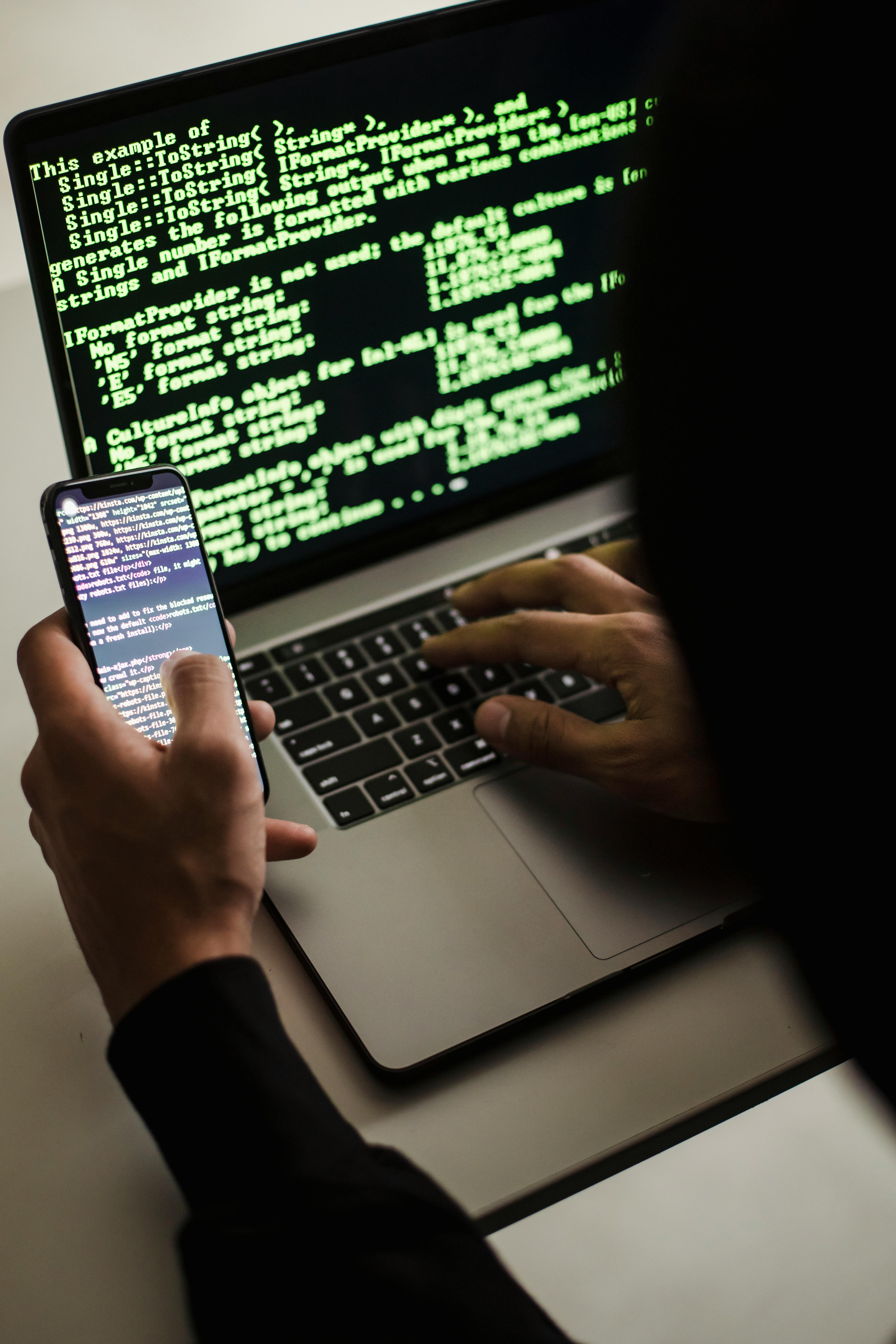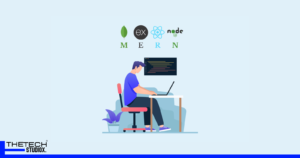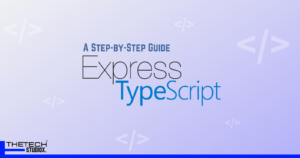Table of Contents
Introduction to Docker and its benefits for PHP development
As a PHP developer, one of the major challenges we face is managing dependencies and extensions. These dependencies and extensions are crucial for our projects to function properly, but installing them can be a time-consuming and error-prone process. That’s where Docker comes in.
Docker is an open-source platform that allows us to automate the deployment of applications inside lightweight, portable containers. It provides a consistent environment for our PHP projects, making it easier to install and manage dependencies and extensions. With Docker, we can streamline our workflow and save valuable time.

What are PHP dependencies and extensions?
Before we dive into Docker and its benefits, let’s first understand what PHP dependencies and extensions are. Dependencies are external libraries or packages that our PHP project relies on to function correctly. These dependencies can include frameworks, libraries, or other components.
On the other hand, extensions are additional functionalities that can be added to PHP. They extend the core capabilities of PHP and enable us to perform specific tasks. For example, we might need an extension for database connectivity or image processing. Installing and managing these dependencies and extensions can be a complex task, especially when working on multiple projects or collaborating with other developers.
Challenges of installing PHP dependencies and extensions
Traditionally, installing PHP dependencies and extensions can be a tedious process. We often have to manually download and configure each dependency or extension, which can lead to compatibility issues or version conflicts. Additionally, it becomes cumbersome to manage different versions of dependencies and extensions across multiple projects.
Moreover, the installation process might vary depending on the operating system or development environment. This can make it difficult to ensure consistency and portability across different machines. Each developer might have their own setup, leading to inconsistencies during deployment and production.
Overview of Docker and its role in simplifying PHP development
Docker solves these challenges by providing a containerized environment for our PHP projects. Containers are lightweight, isolated environments that contain all the necessary dependencies, libraries, and configurations. With Docker, we can package our PHP application along with its dependencies and extensions into a single container image.
This container image can then be deployed on any machine that has Docker installed, ensuring consistent behavior across different environments. Docker eliminates the need for manual installation and configuration, making it easier to share projects with other developers or deploy them to production servers.
Installing PHP dependencies with Docker using Composer
One of the most popular tools for managing PHP dependencies is Composer. With Docker, we can integrate Composer into our workflow seamlessly. Here’s how:
Start by creating a
Dockerfilein the root directory of your PHP project. This file will define the configuration for your Docker container.In the
Dockerfile, specify the base image for your container. You can use the official PHP image as the base image.Install Composer inside the container by adding the necessary commands to the
Dockerfile. This will ensure that Composer is available when the container is running.Copy the
composer.jsonfile from your project into the container. This file contains the list of dependencies that Composer needs to install.Run the
composer installcommand inside the container to install the dependencies specified in thecomposer.jsonfile.
By following these steps, Docker will create a container with all the necessary dependencies installed. This container can then be used to run your PHP application without any manual installation or configuration.
Installing PHP extensions with Docker using PECL
In addition to managing dependencies, Docker can also simplify the installation of PHP extensions. PECL (PHP Extension Community Library) is a repository of PHP extensions that can be easily installed using Docker. Here’s how:
Update your
Dockerfileto include the necessary commands to install PECL and other required dependencies.Specify the PHP extensions you need
Dockerfileby adding the corresponding commands. For example, if you need the PDO extension, you can use the commandRUN docker-php-ext-install pdo.Build the Docker image using the
docker buildcommand. This will download the necessary dependencies and install the PHP extensions specified in theDockerfile.
By leveraging Docker and PECL, you can automate the installation of PHP extensions and ensure consistency across different environments.
Advantages of using Docker for PHP development
Using Docker for PHP development offers several advantages:
Portability: Docker containers are self-contained and can be easily shared or deployed on different machines. This makes it easier to collaborate with other developers or deploy applications to production servers.
Consistency: Docker provides a consistent environment for your PHP projects, ensuring that they behave the same way across different machines. This eliminates the “it works on my machine” problem and reduces the chances of compatibility issues.
Scalability: Docker allows you to scale your PHP applications easily. By using container orchestration tools like Kubernetes, you can deploy multiple containers to handle increased traffic or workload.
Isolation: Docker containers are isolated from the host system and from other containers. This ensures that your PHP application and its dependencies do not interfere with other applications or systems.
Common issues and troubleshooting tips
While Docker simplifies the installation of PHP dependencies and extensions, you might still encounter some common issues. Here are a few troubleshooting tips to help you overcome them:
Version conflicts: Ensure that your dependencies and extensions are compatible with each other. Use the appropriate version constraints in your
composer.jsonfile to avoid conflicts.Memory limitations: Docker containers have resource limitations by default. If you encounter memory-related issues, adjust the memory limits for your containers using the Docker configuration.
Network connectivity: If your PHP application relies on external services, ensure that the container has access to the necessary networks or ports.
By keeping these tips in mind, you can minimize the chances of running into issues and ensure a smooth workflow with Docker.
Best practices for managing PHP dependencies and extensions with Docker
To make the most out of Docker for PHP development, here are some best practices to follow:
Use a version control system: Keep your
Dockerfileandcomposer.jsonfile under version control to track changes and ensure reproducibility.Separate development and production environments: Create separate Docker configurations for development and production. This allows you to use different settings or configurations depending on the environment.
Regularly update your Docker images: Stay up to date with the latest versions of the PHP base image and the extensions you use. This ensures that you benefit from bug fixes and security patches.
Document your Docker setup: Document the steps required to set up your Docker environment, including the dependencies and extensions used. This will make it easier for other developers to get started with your project.
By following these best practices, you can optimize your PHP workflow and make the most out of Docker.
Conclusion and next steps for optimizing your PHP workflow
In conclusion, Docker provides a powerful solution for managing PHP dependencies and extensions. By automating the installation process, Docker streamlines your workflow and saves you valuable time. With Docker, you can ensure consistency, portability, and scalability for your PHP projects.
To optimize your PHP workflow with Docker, start by integrating Composer and PECL into your Docker setup. Leverage Docker’s benefits of portability, consistency, scalability, and isolation. Follow the best practices outlined above to ensure a smooth development experience.
By adopting Docker for PHP development, you can focus more on writing code and less on managing dependencies and extensions. Streamline your workflow today and experience the efficiency and ease of Docker.
Also Read: The Popularity of the Ruby Programming Language: Exploring its Rise and Dominance




[…] Also Read: Install PHP Dependencies and Extensions with Docker […]